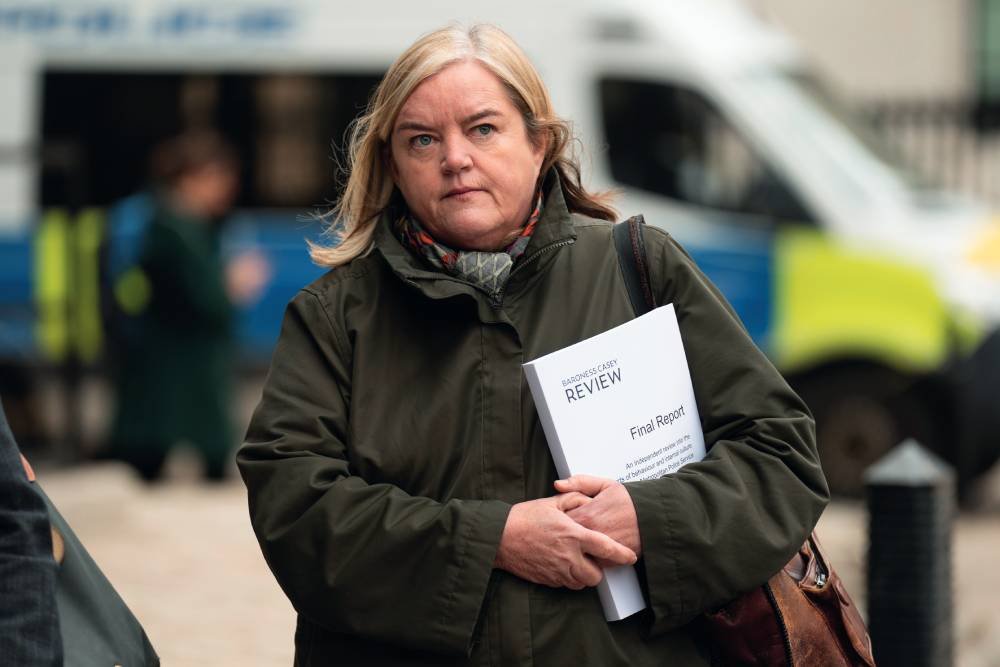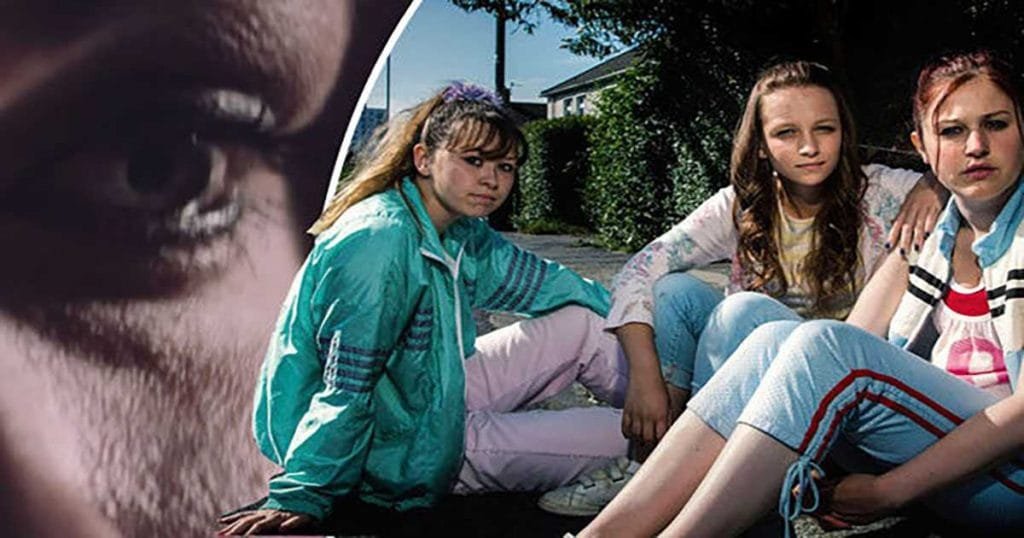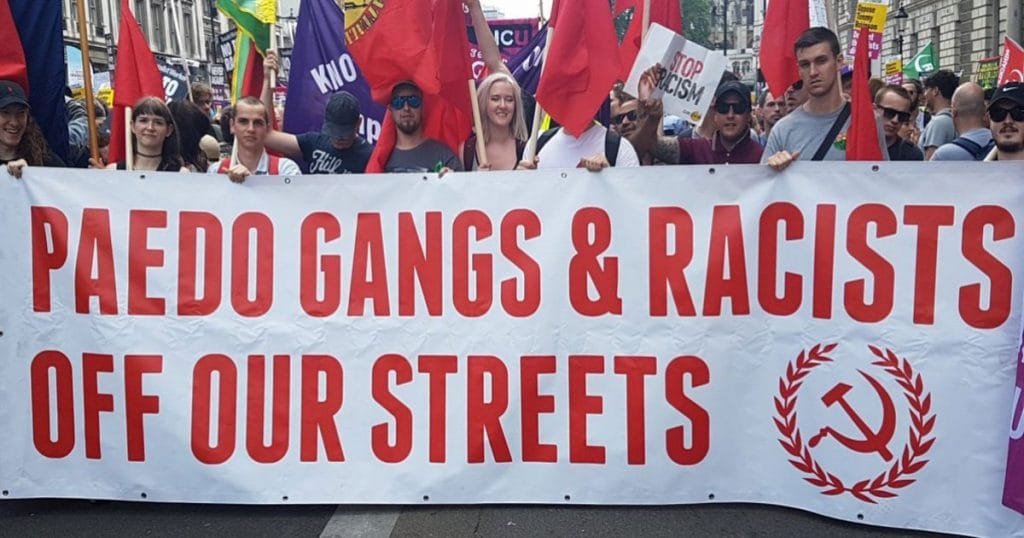You cannot force out the darkness; you can only bring in the light. After months of resistance, political pressure, and moral cowardice, Britain will finally confront the systematic sexual abuse that authorities spent decades ignoring.
Sir Keir Starmer has announced a full national statutory inquiry into grooming gangs, a decision that should have been automatic, obvious, and immediate, but instead required months of political pressure, public outcry, and ultimately the intervention of a tech billionaire to shame the British establishment into action.
The Prime Minister’s announcement, delivered on his way to a G7 summit as if it were an afterthought, represents a humiliating climb-down from his government’s position just months ago. In January, Starmer’s administration dismissed calls for a national inquiry, arguing that a seven-year investigation led by Professor Alexis Jay had already examined the issue sufficiently. That position has now been exposed as the moral and political failure it always was.
The Casey Revelation

Baroness Louise Casey, tasked with conducting what the government euphemistically called a “rapid three-month audit,” has delivered what amounts to a devastating indictment of official complacency. Her recommendation for a national inquiry represents a professional conclusion that the scope and scale of grooming gang activity demands the kind of comprehensive investigation that only statutory powers can deliver.
Starmer’s claim that Casey “originally thought a new inquiry was not necessary, but she had changed her mind having looked into it in recent months” inadvertently reveals the extent of the problem. If an experienced investigator like Casey could initially believe existing work was sufficient, only to reverse that position after examining the evidence, it suggests the reality is far worse than authorities have been willing to acknowledge.
The inquiry will have the power to compel witnesses to provide evidence, a crucial capability that previous investigations have lacked. This means that for the first time, authorities, social services, police, and council officials who presided over decades of abuse will be forced to account for their failures under oath.
Dan Carden, Labour MP for Liverpool Walton, hit the nail on the head when he declared that “the public compassion for the victims, thousands of young British working-class girls and children, is real.” His call for the prime minister to “use the full power of the state to deliver justice” stands in stark contrast to those suggesting we should simply implement existing recommendations without further investigation.
Six Months of Wasted Time
At the start of the year, the government dismissed calls for a national inquiry, arguing it had already been examined in a seven–year inquiry led by Professor Alexis Jay.
Starmer’s defensive assertion that he had “never said we should not look again at any issue” cannot disguise the reality that his government spent six months actively resisting exactly this outcome. The decision to finally act comes not from moral leadership but from political necessity, the result of sustained pressure that made continued resistance untenable.
Tory leader Kemi Badenoch’s criticism, while politically motivated, contains an uncomfortable truth: “Keir Starmer doesn’t know what he thinks unless an official report has told him so.” This isn’t leadership; it’s bureaucratic box-ticking masquerading as governance.
The delay has real consequences. Every month of government resistance meant more time for evidence to disappear, witnesses to forget crucial details, and perpetrators to escape accountability. In cases involving systematic sexual abuse, time isn’t just a political luxury it’s justice denied.
In what can only be described as a glacial awakening to public outrage, Labour MPs are finally beginning to break ranks over the need for a national grooming gang inquiry. The real question is: what took so long?
The Musk Pressure
The role of Elon Musk in forcing this inquiry exposes an uncomfortable reality about modern British politics: it took a foreign tech billionaire’s public pressure campaign to achieve what victim advocacy groups, Labour MPs, and Tory opposition had failed to accomplish for months.
Musk’s intervention, while controversial in its methods and motivations, succeeded in ways that traditional political pressure had not. His criticism of Starmer for not calling a national inquiry created a level of public attention and political embarrassment that ultimately proved decisive.
Former Reform UK MP Rupert Lowe’s assertion that “none of this would have happened without Elon Musk” may be hyperbolic, but it contains a kernel of truth that should embarrass every British politician who claimed to care about working class girls systematically raped across Northern industrial towns. Politicians failed to face these issues and failed to achieve this outcome through conventional channels.
The Local Investigation Framework

The inquiry will “coordinate a series of targeted local investigations,” including new investigations that will proceed even if local authorities oppose them. This represents a crucial acknowledgment that the institutional capture and local political resistance that enabled decades of abuse cannot be allowed to obstruct accountability efforts.
The power to compel evidence and witness testimony at the local level addresses one of the fundamental problems with previous investigations: the ability of officials to simply refuse to cooperate or provide incomplete accounts of their failures.
This framework suggests an understanding that grooming gang activity wasn’t just a series of isolated local problems but part of a systemic failure that requires coordinated national action to address comprehensively.
Political Convergence on Justice
The rare political consensus supporting this inquiry from Labour Heartlands campaigns to Blue Labour The Workers’ Party demands to Reform UK pressure, demonstrates that this issue transcends traditional party lines. When Nigel Farage calls the decision “a welcome U-turn” and emphasises that it “cannot be a whitewash,” he’s articulating concerns shared across the political spectrum.
Long before Elon Musk jumped on the bandwagon of child exploitation or liberals rushed to label calls for a real national inquiry and justice as racist, George Galloway of the Workers Party of Britain stood in Parliament in 2024, shining a light on the entrenched scandal of grooming gangs in Rochdale. He didn’t just call out the abuse; he exposed the deeply rooted connections between the perpetrators and the very institutions meant to protect the victims.
This convergence reflects public understanding that grooming gang scandals represent a fundamental failure of British institutions to protect the most vulnerable members of society. The political calculation that initially led to resistance has been overwhelmed by moral pressure that no party can afford to ignore indefinitely.
The Establishment’s Reckoning

A properly conducted statutory inquiry has the potential to expose what Farage correctly identifies as “the multiple failings of the British establishment.” This includes not just the original crimes and their cover-up, but the institutional resistance to accountability that has characterised official responses for years.
The inquiry will need to examine how police forces, social services, local councils, and central government agencies all contributed to a climate where systematic sexual abuse could continue for years while officials looked the other way or actively suppressed evidence.
Most importantly, it must address the cultural and political factors that made challenging grooming gang activity career suicide for officials who might otherwise have intervened.
Victims’ Long-Awaited Justice
For the survivors of grooming gang abuse, this inquiry represents the first real prospect of institutional accountability for the failures that enabled their suffering. Previous investigations, however well-intentioned, lacked the statutory powers necessary to compel testimony from officials who preferred to remain silent about their role in these scandals.
The ability to force evidence production and witness testimony means that for the first time, victims will see their abusers and the officials who enabled them held to account in a forum with real investigative powers.
But this opportunity comes with the responsibility to ensure the inquiry is conducted with the rigor and independence necessary to deliver meaningful results. The victims deserve better than another bureaucratic exercise designed to create the appearance of accountability while protecting institutional interests.
The Wider Implications
This inquiry’s findings will have implications far beyond the specific crimes it investigates. The systematic nature of grooming gang activity and the institutional failures that enabled it raise fundamental questions about how British authorities approach child protection, community relations, and the intersection of cultural sensitivity with law enforcement.
The inquiry must address uncomfortable questions about whether misguided concerns about appearing racist prevented authorities from taking action against predominantly Pakistani grooming gangs targeting white girls. This isn’t about demonising communities, it’s about ensuring that legitimate cultural sensitivity doesn’t become a shield for criminal activity.
The Test of Seriousness
The true test of this inquiry will be whether it has the independence, resources, and determination necessary to follow the evidence wherever it leads. Previous investigations have often been criticized for pulling punches when it comes to institutional accountability or for focusing on systemic failures while avoiding individual responsibility.
Home Secretary Yvette Cooper’s statement on Monday and the publication of Baroness Casey’s report will provide the first indication of whether this inquiry is designed to deliver real accountability or serve as an extended exercise in damage control.
Beyond Tokenism
The announcement of this inquiry, while overdue, represents only the beginning of a process that must deliver more than symbolic gestures toward justice. The victims of grooming gang abuse have waited years for real accountability they deserve an investigation with the teeth to bite and the independence to follow evidence wherever it leads.
Starmer’s government has finally done the right thing, but only after months of resistance that served no one’s interests except those who prefer darkness to light. The test now is whether this inquiry will illuminate the full scope of these failures or become another exercise in institutional self-protection.
Britain cannot undo the decades of abuse that authorities enabled through inaction, incompetence, and cowardice. But it can finally commit to the kind of comprehensive accountability that these crimes and their victims have always demanded.
The darkness has been allowed to persist for far too long. Now, finally, it’s time to bring in the light…
Support Independent Journalism Today
Our unwavering dedication is to provide you with unbiased news, diverse perspectives, and insightful opinions. We're on a mission to ensure that those in positions of power are held accountable for their actions, but we can't do it alone. Labour Heartlands is primarily funded by me, Paul Knaggs, and by the generous contributions of readers like you. Your donations keep us going and help us uphold the principles of independent journalism. Join us in our quest for truth, transparency, and accountability – donate today and be a part of our mission!
Like everyone else, we're facing challenges, and we need your help to stay online and continue providing crucial journalism. Every contribution, no matter how small, goes a long way in helping us thrive. By becoming one of our donors, you become a vital part of our mission to uncover the truth and uphold the values of democracy.
While we maintain our independence from political affiliations, we stand united against corruption, injustice, and the erosion of free speech, truth, and democracy. We believe in the power of accurate information in a democracy, and we consider facts non-negotiable.
Your support, no matter the amount, can make a significant impact. Together, we can make a difference and continue our journey toward a more informed and just society.
Thank you for supporting Labour Heartlands









